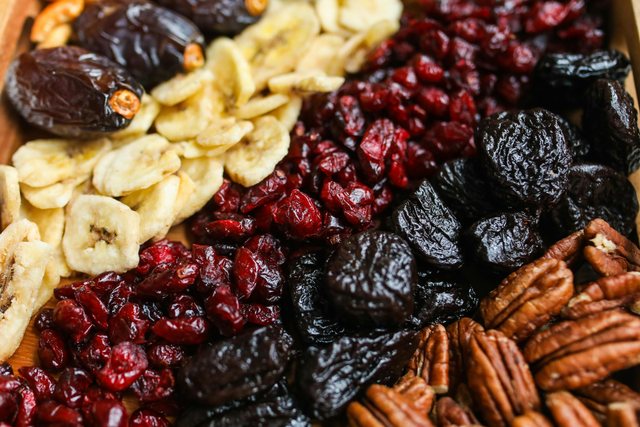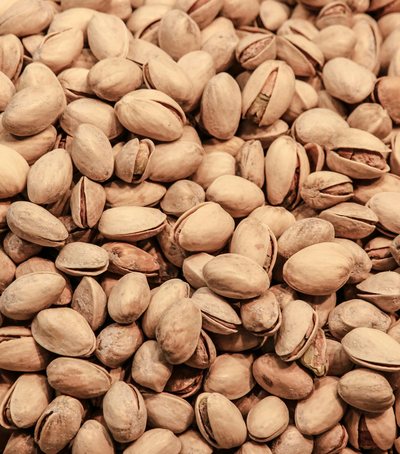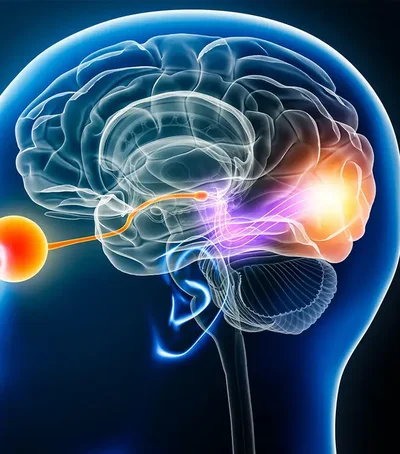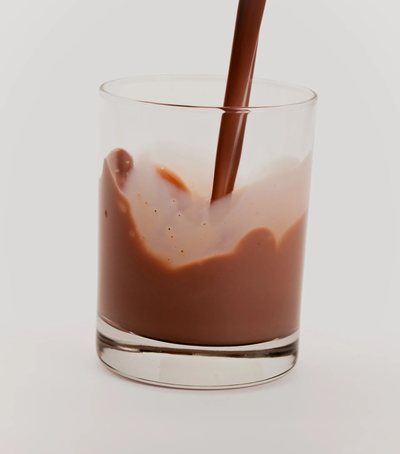
What we eat directly affects our mood and energy levels, because the brain depends on vitamins, minerals, healthy fats, and stable carbohydrates to function properly. A balanced diet that stabilizes blood sugar, supplies building blocks for neurotransmitters (like serotonin and dopamine), and reduces inflammation can help you feel better and more energetic, without sudden “crashes.”
For starters, complex carbohydrates like whole grains (like oats, quinoa, brown rice, and rye) — such as oats, quinoa, and brown rice — provide sustained energy without a sugar crash. When paired with lean protein (eggs, legumes, roasted turkey), they help your body stay focused and avoid sudden fatigue. Nuts and seeds (walnuts, almonds, flaxseeds, chia seeds) provide omega-3s, magnesium, and tryptophan, which support brain function and mood. Fruits like berries, bananas, and citrus fruits provide vitamins (especially C), antioxidants, and natural sugar for a gentle “boost.”
Green leafy vegetables (spinach, kale) are rich in folate and magnesium—elements that help regulate energy and reduce stress—while fatty fish (salmon, sardines) provide EPA/DHA omega-3s that strengthen neuronal connections and help with emotional calm. Natural yogurt and probiotic foods support the gut-brain axis, positively influencing mood through microbiota balance. A small piece of dark chocolate (70%+) along with a handful of nuts can lift your mood thanks to flavonoids and mild stimulant effects, without overdoing the sugar.
Spices like turmeric, cinnamon, and ginger have anti-inflammatory properties and help stabilize blood sugar, which translates to more consistent energy. And don't underestimate water: good hydration is essential for neuronal signaling and feelings of energy; replace sugary drinks with water, lemon water, or light herbal teas.
A typical day might look like this: breakfast of warm oatmeal made with milk or water, topped with berries and chopped nuts; snack of plain yogurt and banana; lunch of whole quinoa salad with spinach, peas, olive oil, and lemon; afternoon snack of dark chocolate and a handful of seeds; dinner of baked salmon, roasted vegetables, and brown rice. In the evening, a calming ginger or chamomile tea.
Practical tips: combine carbohydrates with protein to avoid “crashes,” use vitamin C with iron sources (like spinach) for better absorption, limit coffee if you feel jittery, and avoid refined sugars that give you a quick energy boost and then crash. By building eating habits like these, your brain and body work in sync, and your sense of well-being and energy becomes more sustainable.
Photo Credits (Polina Tankilevitch):
https://www.pexels.com/photo/close-up-photo-of-dried-banana-3872425/





